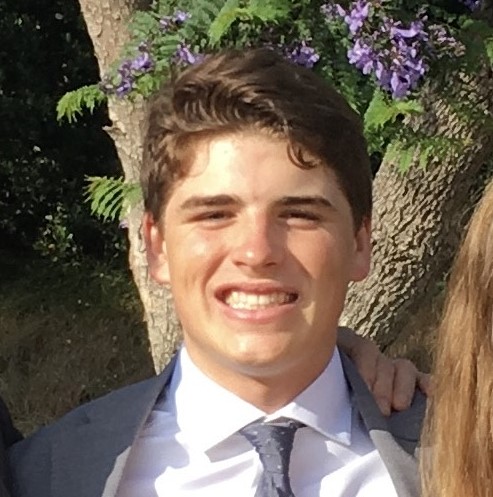 As we close the final week of classes here at Brandeis University—and wrap up the classroom portion of the COEX program—I want to take a moment to reflect on this academic year and share some lessons learned, along with my overall experience at the Heller School so far.
As we close the final week of classes here at Brandeis University—and wrap up the classroom portion of the COEX program—I want to take a moment to reflect on this academic year and share some lessons learned, along with my overall experience at the Heller School so far.
One of the most meaningful things I've learned about the faculty at the Heller School is how devoted, deeply knowledgeable, and inspiring they are. In the ever-changing landscape of higher education across the United States, the Heller School has navigated today’s complex challenges with impressive agility and purpose. There has been a seamless integration of current events into our coursework that has been both enlightening and empowering, making it easier to apply theoretical concepts to real-world issues. Even as we directly confront the many challenges of present day higher education, the faculty lead with an awe-inspiring vigor on behalf of Heller students.
One standout course was Monitoring and Evaluation, taught by Professor Pamina Firchow. Given the evolving landscape of peacebuilding, she masterfully delivered M&E theories in a way that felt directly relevant to today’s challenges. Her teaching helped connect classroom concepts with practical application in the field. Another particularly impactful class was Multilateral Negotiation with Professor Joel Cutcher-Gershenfeld. This course offered practical skills for navigating complex, and at times emotionally charged, multi-party negotiations. His approach, a thoughtful blend of readings, discussion, and hands-on practice, allowed us to engage with global negotiation headlines in thoughtful, informed ways. While I’ve highlighted just two courses, this approach was consistent across the board.
One of the things I appreciate most about the Heller School is its commitment to blending theory with practical skills training. Nearly every class emphasized not just learning the foundational theories, but applying them in real or simulated settings. For example, in Public Finance and Budgeting, a course from the MPP program, we first learned core principles of public finance, and then applied them in a final project that required us to write a real-world policy report aligned with our professional interests. In Responsible Mediation, we met twice weekly: Tuesdays focused on conceptual frameworks and theory, while Thursdays were dedicated to mock mediation exercises where we practiced resolving disputes firsthand. This experiential learning was invaluable. Once again, this was consistent across all of the classes I took.
Overall, this academic year has been both challenging and enriching. The professors have been exceptional mentors, and the learning environment has been intellectually stimulating and supportive. While it will be bittersweet to say goodbye to the classroom phase of the program, I feel well-prepared and confident for the transition into the practicum phase.
